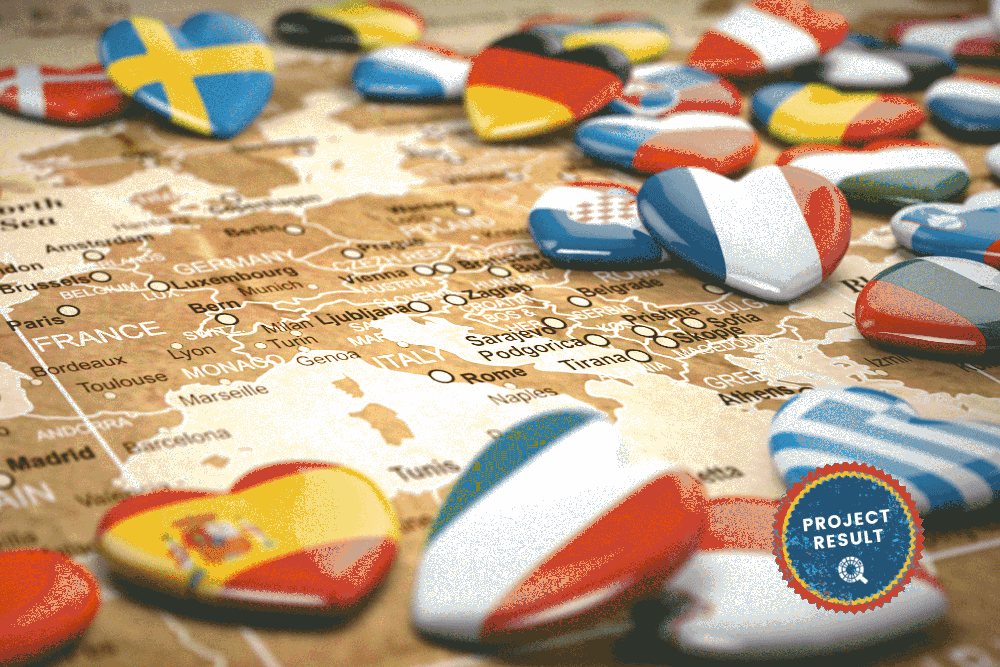Since November 2019 the international research project CS Track has been combining traditional social-science methods with web-based and computational analytics in order to systematically survey the field of Citizen Science.

We would like to inform that this project is inactive since December 2022. As a result, the content presented on this website is static, which means it cannot be updated, and no new information will be added. Consequently, interactive features such as the search function, or subscription and commenting capabilities are unavailable.

Since November 2019 the international research project CS Track has been combining traditional social-science methods with web-based and computational analytics in order to systematically survey the field of Citizen Science.
Since November 2019 the international research project CS Track has been combining traditional social-science methods with web-based and computational analytics in order to systematically survey the field of Citizen Science.
Since November 2019 the international research project CS Track has been combining traditional social-science methods with web-based and computational analytics in order to systematically survey the field of Citizen Science.
A CS Track team of researchers including Reuma De-Groot, Yaela N Golumbic, Fernando Martínez Martínez and H. Ulrich Hoppe recently published a paper entitled “Developing a framework for investigating Citizen Science through a combination of web analytics and social science methods – the CS Track perspective”. This article presents the project’s framework that aims to complement existing methods for evaluating CS, address gaps in current observations of the citizen science landscape and integrate findings from multiple studies and methodologies.
The CS Track research team, led by partners Christine Urban and Michael Strähle from the Wissenschaftsladen Wien – Science Shop Vienna, has published a report called Conceptual Framework for Analytics Tools.
The CS Track team has released a new report entitled Models to identify background factors associated with the CS activity. It introduces how the CS Track team created 6 models with the aim of developing a deeper understanding of how different factors (e.g. gender, age, roles in CS) are associated with different forms of participation in CS activities.